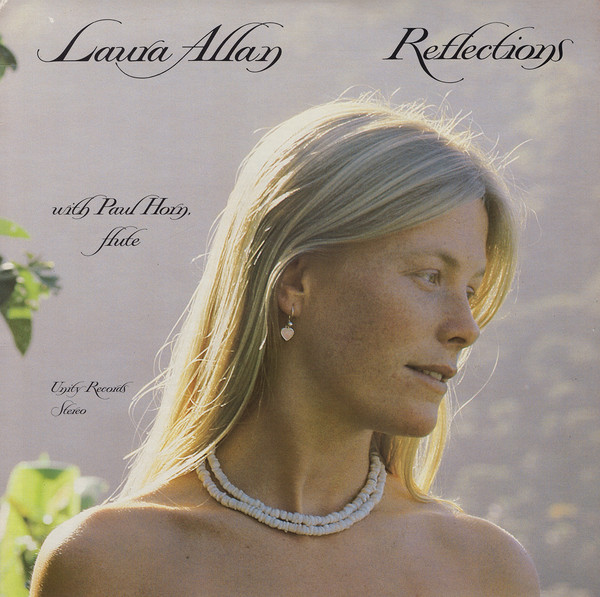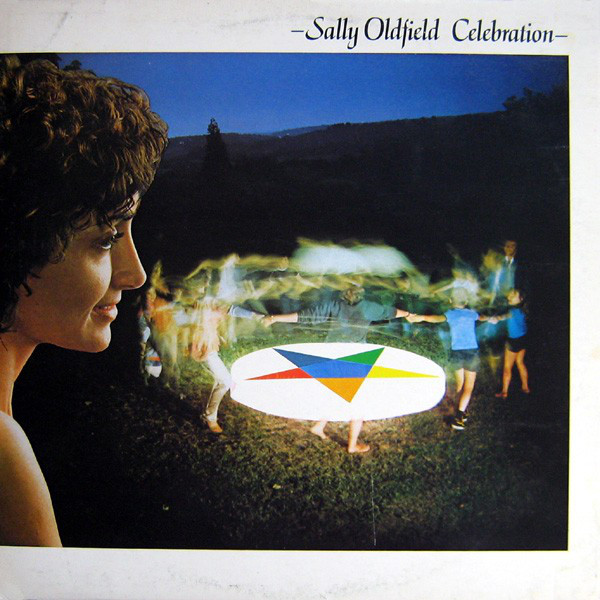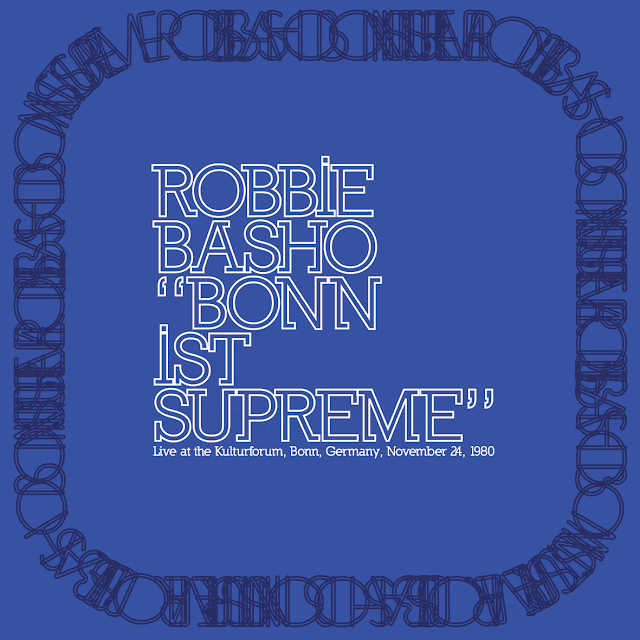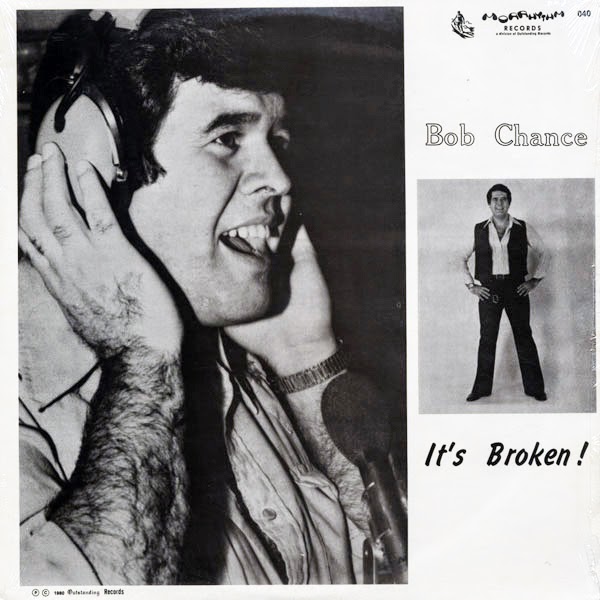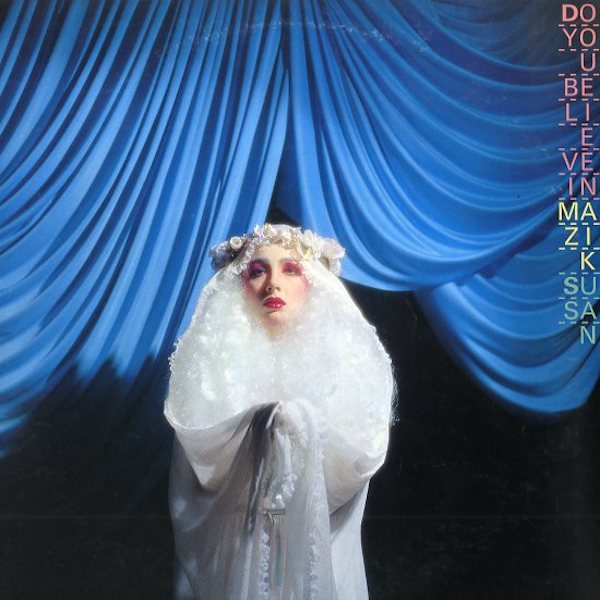
Classic favorite. A singer, actress, model, and TV personality, Susan (Suzan Nozaki) was born in Japan to a Japanese mother and a French-American father, and as a teenager worked widely in commercials, radio, theater, and voiceover. This was the first of two records she released on Sony with a dream team: production, arrangement, and drums by Yukihiro Takahashi, co-production and guitar by Kenji Ohmura, programing by Hideki Matsutake, bass by Haruomi Hosono, keyboards by Ryuichi Sakamoto, cover photo by Masayoshi Sukita, etc.
It is, as you might imagine from its context, a raucous, scronky, brilliant pop record. The 60’s referentiality shows up not just in the title track, a Lovin’ Spoonful cover, but also in the surf and garage rock sensibility of the songwriting (“24,000回のキッス,” “Dream Of You”) and the proclivity towards psychy vocal processing–though of course the overall texture and programming speak very loudly to 1980. The record’s best moments evidence both decades simultaneously: “Ah! Soka” flits between dry electro synth verses and choruses of reverb-soaked psychy guitar pop. My favorite is closer “Screamer,” with a very YMO churning and whirring percussive backbone underneath warped, spacious vocal layering–at almost seven minutes long, by the time it’s over I always wish it would keep rolling for a few more minutes. Still, nothing ever feels gimmicky or formulaic–there are too many thoughtful details for that. I hope you love this as much as I do!
